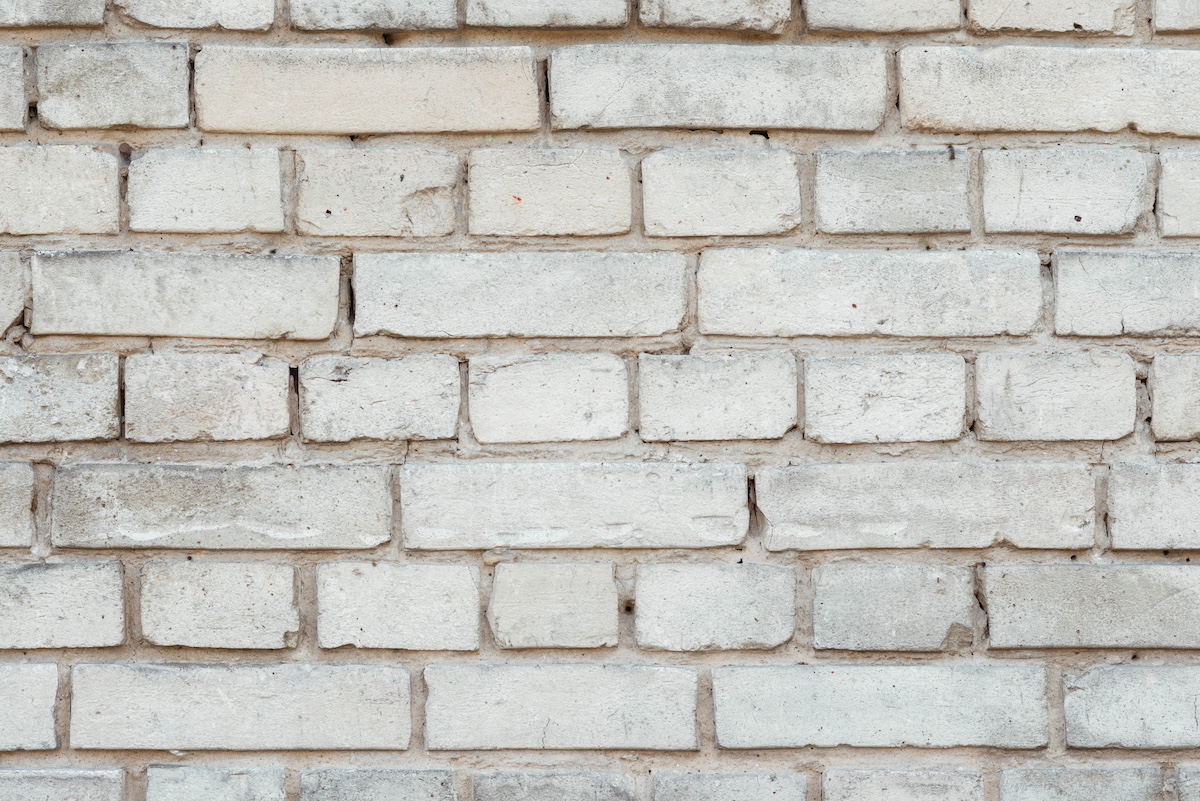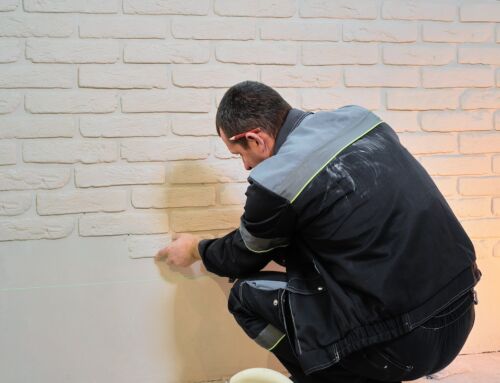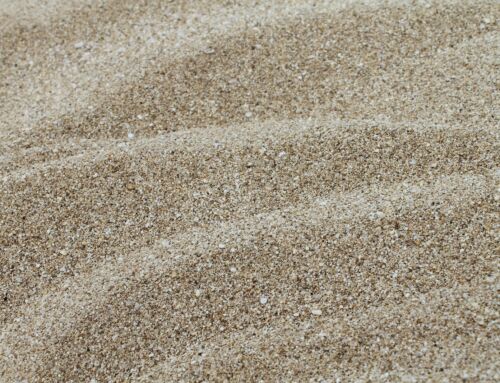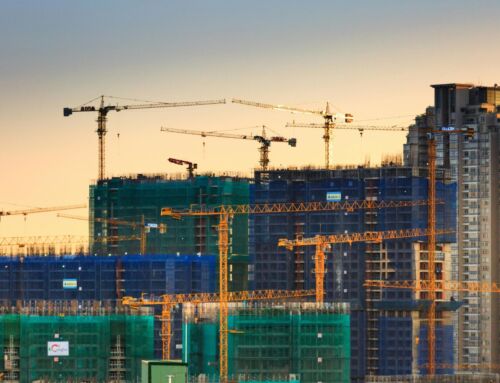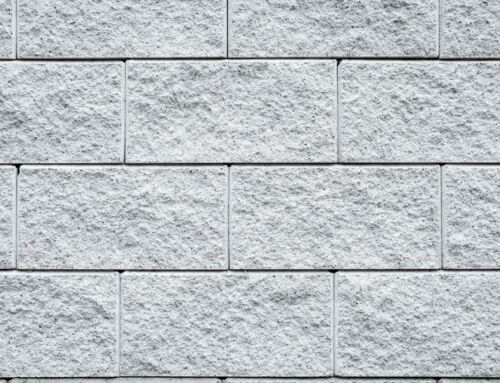Masonry is one of the oldest forms of construction, dating back thousands of years, and it remains a popular choice today. This versatile building method involves using materials like stone, brick, or concrete blocks, held together by mortar to create durable structures. Whether you’re working on a commercial building or enhancing a residential space, understanding the types of masonry is key to making informed decisions.
In this guide, we’ll break down the various types of masonry materials, construction techniques, and the advantages of each. By the end, you’ll have a clearer understanding of what masonry can offer and how to choose the best type for your project.
What is Masonry?
Masonry refers to the construction of buildings or other structures using individual units that are often bound together with mortar. These units can be bricks, stones, or concrete blocks, and they are stacked in a way that creates strong, long-lasting walls and surfaces. Masonry is commonly used in foundations, walls, chimneys, and even decorative structures.
The key features of masonry construction include:
- Durability: Structures made from masonry materials tend to last for decades if not centuries.
- Fire resistance: Many masonry materials are fire-resistant, which enhances the safety of buildings.
- Versatility: Masonry can be used for both structural and decorative purposes.
Types of Masonry Materials
There are various types of masonry materials, each offering different benefits. Let’s explore the most commonly used materials in masonry construction.
Brick Masonry
Brick masonry is perhaps the most well-known type of masonry. Bricks are made from clay, sand-lime, or concrete and are available in various sizes and colors.
- Strengths: Brick masonry is known for its strength and durability. It is also resistant to fire and offers good insulation against heat and cold.
- Common Uses: Bricks are widely used in residential homes, particularly for walls, chimneys, and decorative facades. They can also be used for sidewalks and patios.
Stone Masonry
Stone masonry uses natural or artificial stones like granite, limestone, or marble. Stones are incredibly durable and add a timeless aesthetic to any building.
- Natural vs. Artificial Stones: Natural stones are cut directly from quarries, while artificial stones are man-made to mimic natural stone.
- Benefits: Stone masonry is highly durable and weather-resistant. It’s ideal for retaining walls, exterior facades, and monuments.
- Applications: You’ll find stone masonry in historical monuments, garden walls, and high-end residential buildings due to its aesthetic appeal.
Concrete Block Masonry
Concrete block masonry involves the use of concrete blocks, which come in various shapes and sizes such as hollow, solid, and cinder blocks.
- Benefits: Concrete blocks are inexpensive, provide excellent thermal insulation, and are easy to work with. They are also resistant to weather and insects.
- Common Uses: This type of masonry is often used in the construction of foundation walls, partition walls, and basements.
Glass Block Masonry
Glass block masonry adds a modern, decorative touch to spaces. These blocks are made from glass, which allows light to pass through while still providing some privacy.
- Features: Glass blocks offer aesthetic appeal and can be used in both interior and exterior walls. They also improve natural lighting.
- Use Cases: Glass block masonry is commonly used for windows, partitions, and decorative walls in both residential and commercial spaces.
Adobe Masonry
Adobe masonry uses bricks made from a mixture of clay, sand, water, and organic materials like straw. These bricks are sun-dried rather than kiln-fired, which makes them more eco-friendly.
- Pros and Cons: Adobe masonry is sustainable and provides natural insulation. However, it can be more vulnerable to moisture damage and may not be suitable for wet climates.
- Common Uses: Adobe is frequently used in hot, dry climates and is popular in regions like the American Southwest. It’s often used in eco-friendly construction projects.
Types of Masonry Techniques
Different construction techniques can be applied depending on the type of masonry material and the project’s needs. Here are the most common techniques used in masonry.
Load-Bearing Masonry
In load-bearing masonry, the walls of the structure bear the weight of the roof and floors. This type of masonry is common in residential homes and smaller buildings.
- Advantages: Load-bearing masonry can eliminate the need for steel or concrete frameworks, reducing costs.
- Limitations: It’s less suitable for taller buildings, as it cannot support significant vertical loads without reinforcement.
Reinforced Masonry
Reinforced masonry involves adding steel reinforcements, such as rebar, within the walls to enhance the structure’s strength.
- Benefits: Reinforced masonry is more resistant to earthquakes and heavy winds, making it ideal for high-rise buildings and regions prone to natural disasters.
- Common Applications: It is widely used in commercial buildings and in structures built in seismic zones.
Veneer Masonry
Veneer masonry is a non-structural technique that involves attaching a thin layer of masonry, typically stone or brick, to the surface of a building for decorative purposes.
- Advantages: Veneer masonry provides the appearance of solid brick or stone without the associated weight and cost. It also improves the aesthetic appeal of buildings.
- Applications: This is commonly used in residential homes and office buildings for facades.
Dry Stack Masonry
Dry stack masonry is a technique where stones or blocks are stacked tightly without using mortar. The weight of the stones holds the structure together.
- Benefits: Dry stack walls are flexible, allowing for some movement without cracking. They also provide excellent drainage, making them ideal for retaining walls.
- Common Uses: You’ll often find dry stack masonry in landscaping projects and garden walls.
Benefits of Masonry Construction
Masonry construction offers several benefits that make it a popular choice for building projects:
- Durability and Strength: Masonry structures can withstand harsh weather conditions and last for many years.
- Fire Resistance: Most masonry materials, including brick and stone, are non-combustible, making them fire-resistant.
- Energy Efficiency: Masonry materials provide excellent thermal mass, meaning they can store and release heat, improving energy efficiency in buildings.
- Aesthetic Versatility: With the wide variety of materials and techniques, masonry allows for creative designs that add both structural integrity and visual appeal to a project.
Choosing the Right Type of Masonry for Your Project
When deciding on the type of masonry for your project, several factors come into play:
- Climate: Materials like adobe are more suited for hot, dry climates, while concrete blocks and stone work well in colder environments.
- Building Use: Load-bearing masonry might be ideal for residential buildings, while reinforced masonry could be better for commercial structures.
- Budget: Stone masonry tends to be more expensive, but its durability and aesthetic appeal can make it worth the investment.
Consulting with a masonry professional can help you choose the best materials and techniques based on your specific project needs.
FAQs About Masonry
What is the difference between stone and brick masonry?
Stone masonry uses natural stones like granite or limestone, offering a more natural and elegant look, while brick masonry involves manufactured bricks that are typically more uniform in shape and size.
What are the advantages of using concrete block masonry?
Concrete block masonry is cost-effective, offers excellent strength, and provides good thermal insulation. It’s ideal for large structures like foundations and basements.
How does veneer masonry differ from solid masonry?
Veneer masonry is a thin layer of brick or stone attached to the exterior of a structure for decorative purposes, whereas solid masonry is a full wall of brick or stone, contributing both structurally and aesthetically.
What is the lifespan of masonry structures?
With proper maintenance, masonry structures can last over 100 years, making them a durable and long-lasting option.
Conclusion
At Dixon Inc., we understand the importance of choosing the right type of masonry for your construction project. Whether you need brick, stone, or concrete block masonry, we’re here to offer our expertise and guide you through the process. With decades of experience in the commercial construction industry, our team is committed to delivering high-quality masonry work that stands the test of time. Contact us today to learn more about how we can help you achieve your project goals with precision and professionalism.

